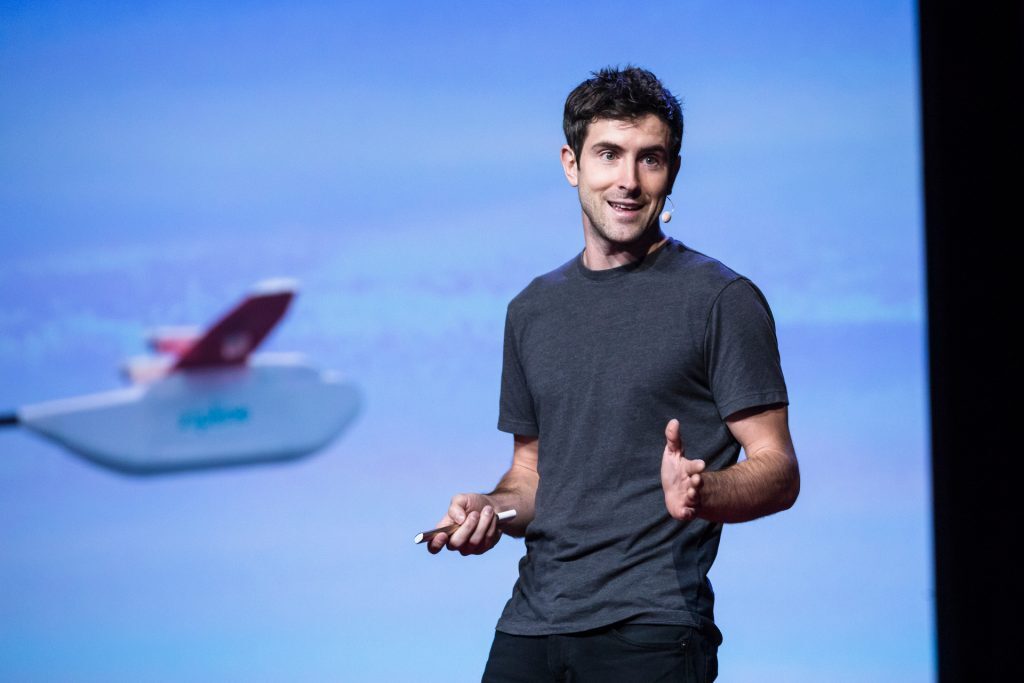In a small hospital in Rwanda, a 24-year-old mother gave birth but immediately afterwards started bleeding with what doctors call postpartum haemorrhage (PPH). In thousands of case like this every year across Africa, this drastic condition often results in the mother’s death when rural clinics or hospitals don’t have enough blood to stabilise a bleeding patient.
But in this case, a remarkable operation leapt into action. Because Rwanda has been willing to experiment with an amazing new way of distributing its blood supply, the hospital called the blood distribution centre in the capital Kigali and within 30 minutes blood was delivered using a Zipline drone.
Several flights of blood were dispatched that day, effectively saving the young mother’s life, who would otherwise have bled out in 10 minutes.
Zipline is an astounding solution to a significant problem: how to maintain emergency blood in a challenging environment, which requires cold storage to transport blood to hospitals and then constant electricity to keep it cool and unspoiled.
Zipline, the brainchild of American Keller Rinaudo, uses a plane-shaped drone to deliver blood within 15-30 minutes to hospitals and clinics within 75km of Kigali. All of the medical service’s blood is stored in fridges at the drone base just outside the capital. When a call comes in, it is packed into a package with a paper parachute, loaded onto a drone which is catapulted into the air. Once it has taken off, the drone autonomously guides itself to the hospital using cellphone networks.
When the drone arrives at the hospital, it descends to 30 metres and drops the parachute. “Just like ride sharing, the doctors get a text message to ‘walk outside and receive your package’. The doctors have what they need to save someone’s life,” Rinaudo said at TEDGlobal in Arusha, Tanzania, last month.
And save lives it does. “We have done 400 emergencies like that. It’s not just her life you’re saving but a baby boy or girl who has their mother when they are growing up,” he said. “Maternal health is a challenge everywhere. The difference is that in Rwanda we have Zipline.”
When the Rwandan government saw Rinaudo’s clever idea, they were willing to take a risk – demonstrating how such remarkable innovation needs the right policy and political will to make it work. Zipline has delivered 2,400 blood units since the project began in October 2016, including regular weekly blood supplies. Last month the Tanzanian government announced it would also being using Zipline.
Using the cellular networks for the drones to guide themselves to their destinations is one of the unforeseen consequences of the great wireless switch on in Africa, which has also seen mobile money services (like Kenya’s M-Pesa) flourish.
“Innovation leads to more innovation leads to more innovation. Most people living in developed countries think drone delivery is technically impossible,” Rinaudo said.
The drone programme has saved countless lives, but also proved how radical innovation can be achieved in the right regulatory environment. Using Zipline, not a single unit of blood has expired. “That’s an amazing result. That has not been achieved by any other healthcare system on the planet. Africa can be the disruptor. These small agile economies can leapfrog with newer and better systems.”
